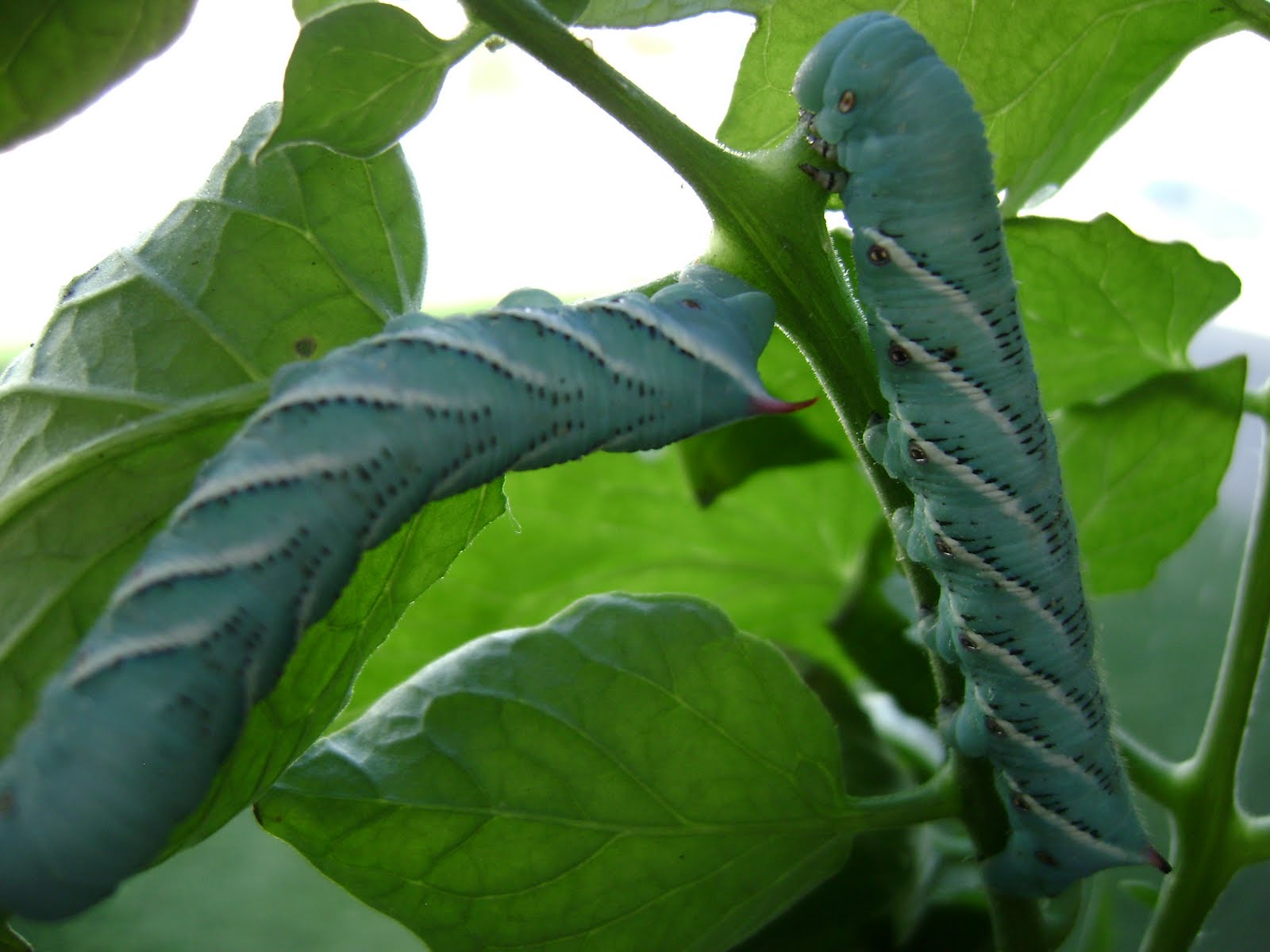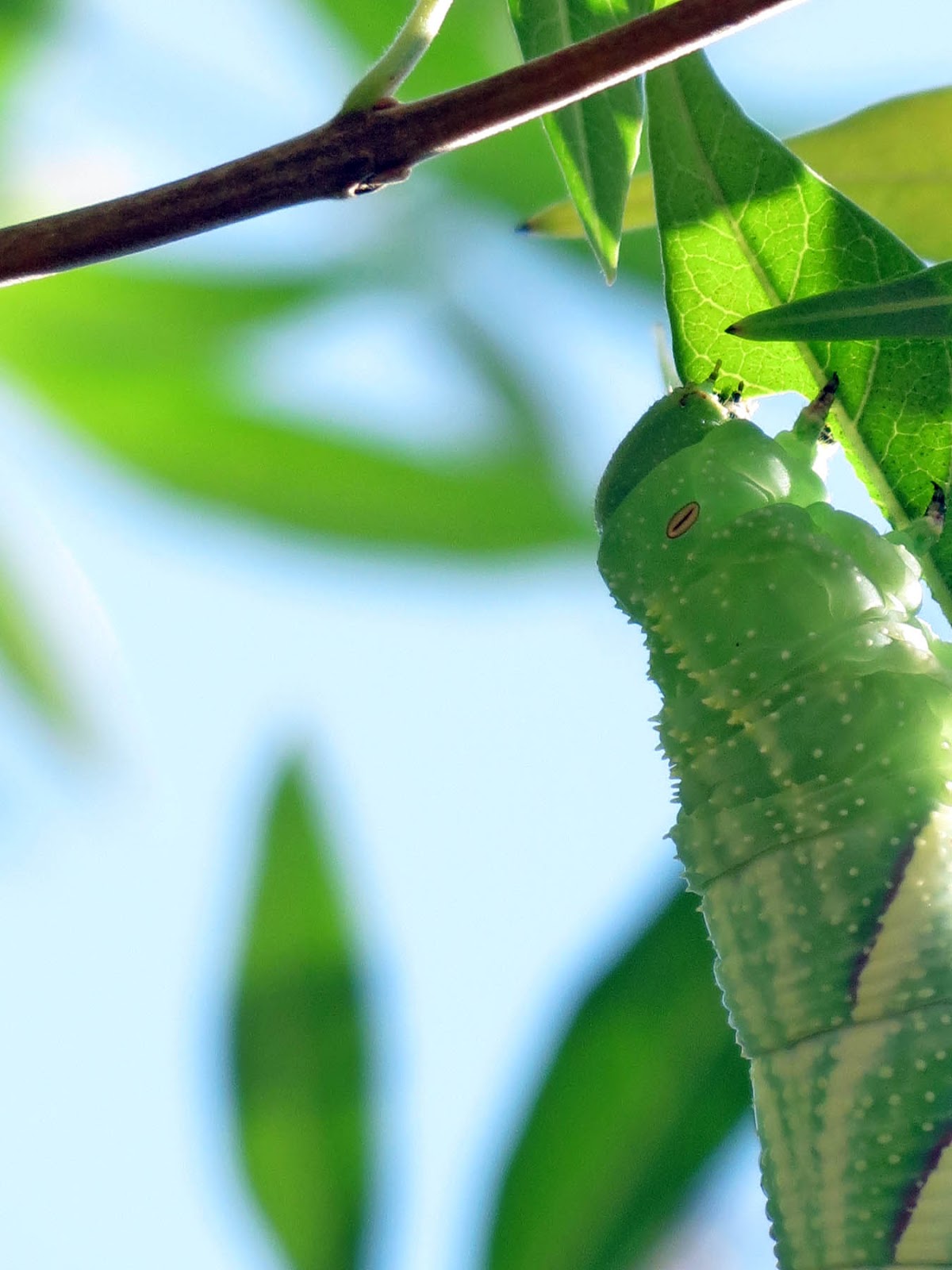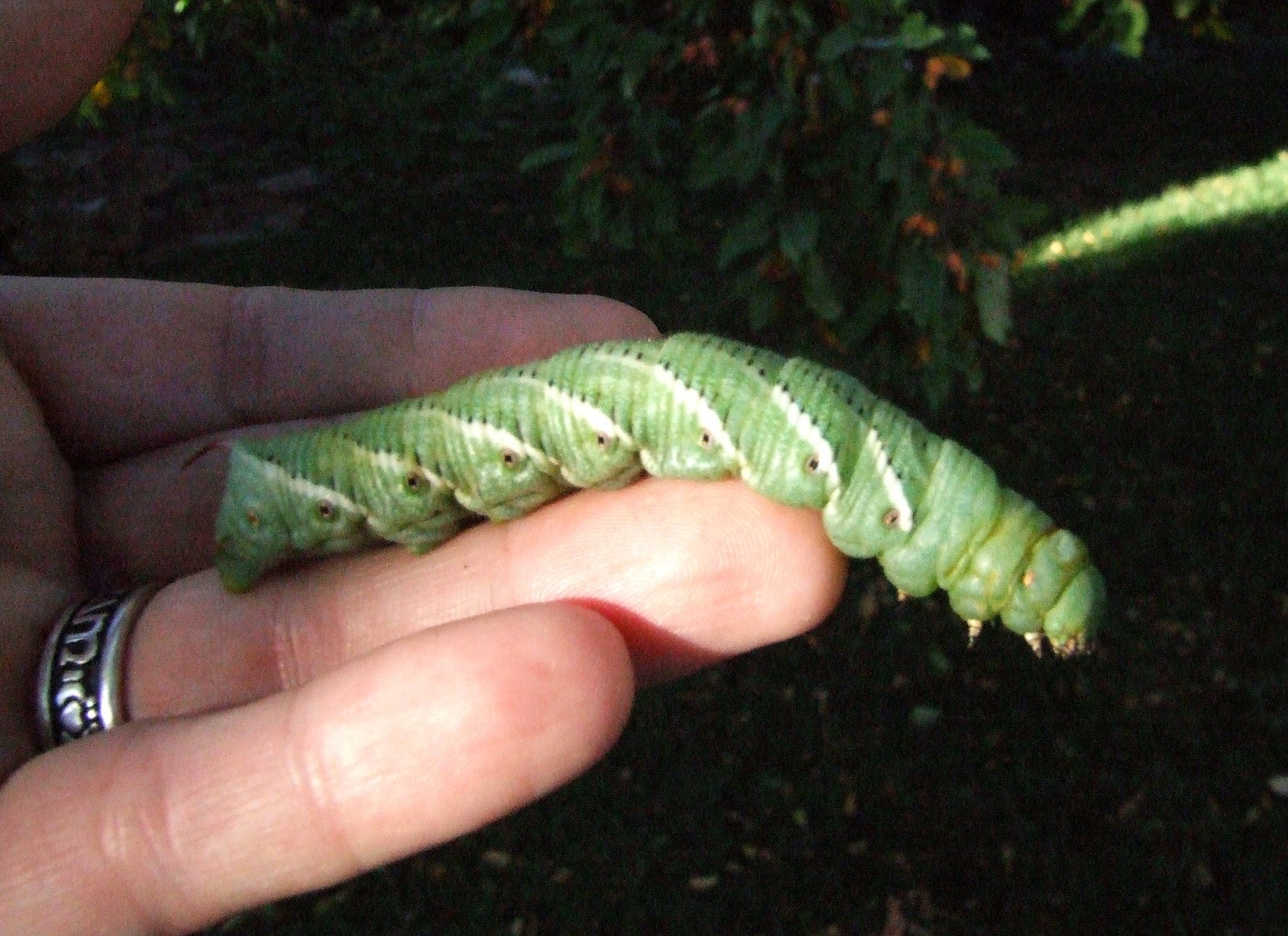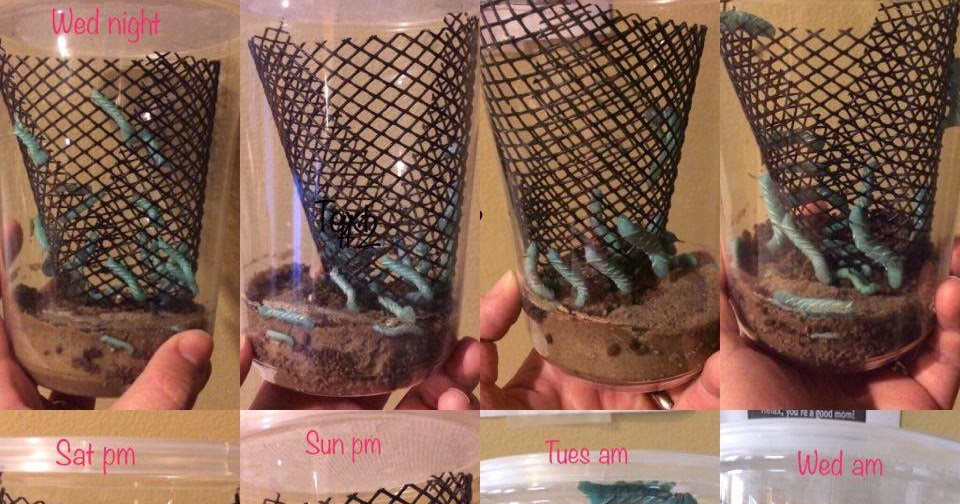The Ultimate Guide to Feeding Hornworms to Your Bearded Dragon
Introduction: Why Feed Hornworms to Your Bearded Dragon?
Bearded dragons are fantastic pets that are loved by many reptile enthusiasts. They are docile, friendly, and not too complicated to care for. However, these omnivores have specific dietary needs that must be met to ensure their health and overall well-being. One of the staple foods of a bearded dragon’s diet is hornworms. These tasty insects are rich in essential nutrients, which makes them a great option for providing variety in your pet’s diet.
What Are Hornworms?
Hornworms are the larvae of the hawk moth, which is also known as the sphinx moth. They are commonly found in North and South America and are known for their large size and bright green color. Hornworms are high in protein, water, calcium, and other essential nutrients that are beneficial to your bearded dragon’s diet. Additionally, they have a soft exoskeleton, which makes them easy for your pet to digest.

How to Feed Hornworms to Your Bearded Dragon
Feeding hornworms to your bearded dragon is relatively easy. You can purchase them from your local pet store or order them online from a reputable dealer. Once you have your hornworms, follow these steps:
- Place the hornworms in a small container with a lid to prevent them from escaping.
- Dust them with calcium powder and a vitamin supplement before feeding. This will help ensure that your bearded dragon gets all the necessary nutrients.
- Offer the hornworms to your bearded dragon in a shallow dish. Remember, bearded dragons are not great hunters, so they need easy-to-catch prey.
- If your bearded dragon doesn’t eat all the hornworms, remove the dish after 15-20 minutes to prevent the insects from hiding in the bedding or substrate.
How Often Should You Feed Hornworms to Your Bearded Dragon?
Hornworms should be fed to your bearded dragon in moderation. These insects are high in fat, so they should not become a staple food in your pet’s diet. It is recommended that you feed your bearded dragon hornworms once a week and supplement their diet with other protein sources such as crickets, dubia roaches, and mealworms.
Possible Side Effects of Feeding Hornworms to Your Bearded Dragon
Although hornworms are a great source of nutrition for your bearded dragon, feeding them too often can cause health problems for your pet. Overfeeding your bearded dragon hornworms can lead to obesity, digestive problems, and even gout. It is crucial to feed hornworms to your bearded dragon in moderation to prevent any health issues from arising.
Conclusion
Feeding hornworms to your bearded dragon can be a fantastic addition to their diet. These insects are high in essential nutrients and provide a fun variety to your pet’s diet. But as with any food, moderation is key. Be sure to feed hornworms to your bearded dragon in collaboration with other protein sources and supplement their diet with fruits and vegetables. Your pet’s health is paramount!






Image sources: [insert sources]
